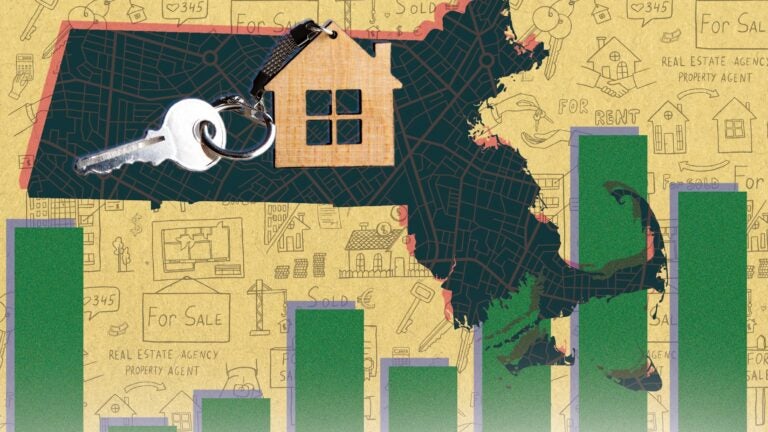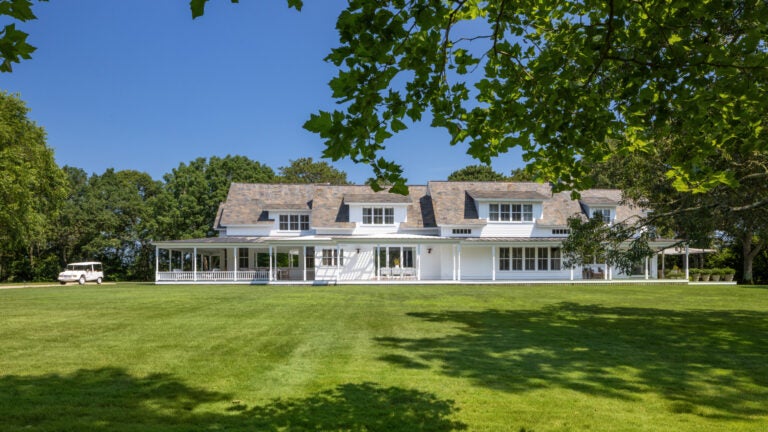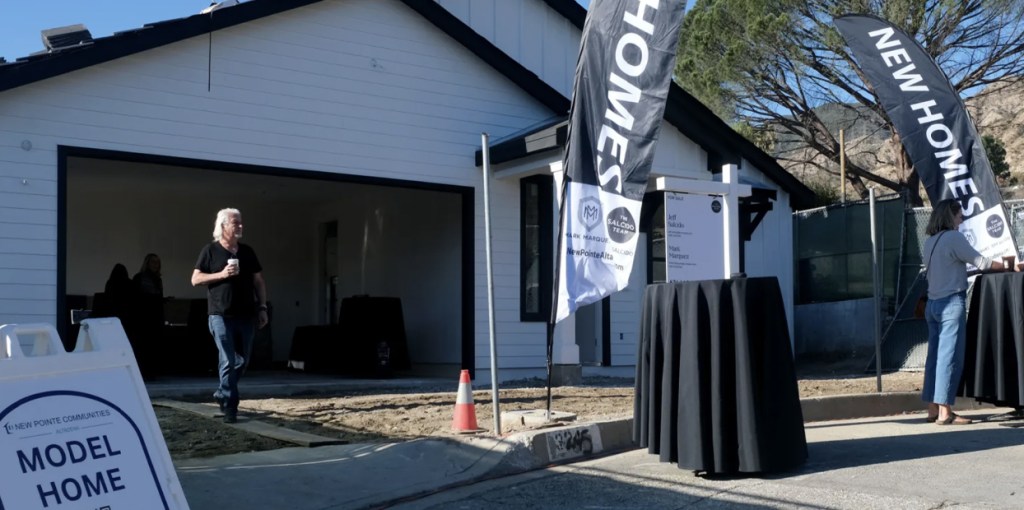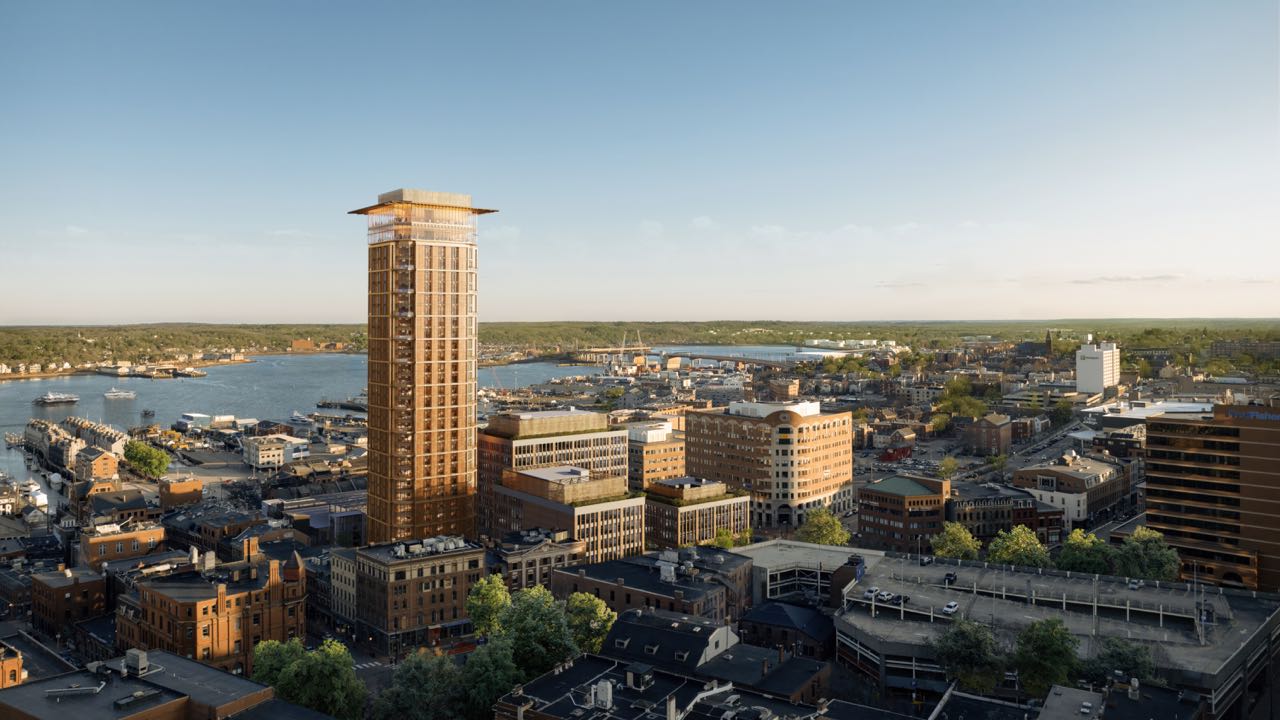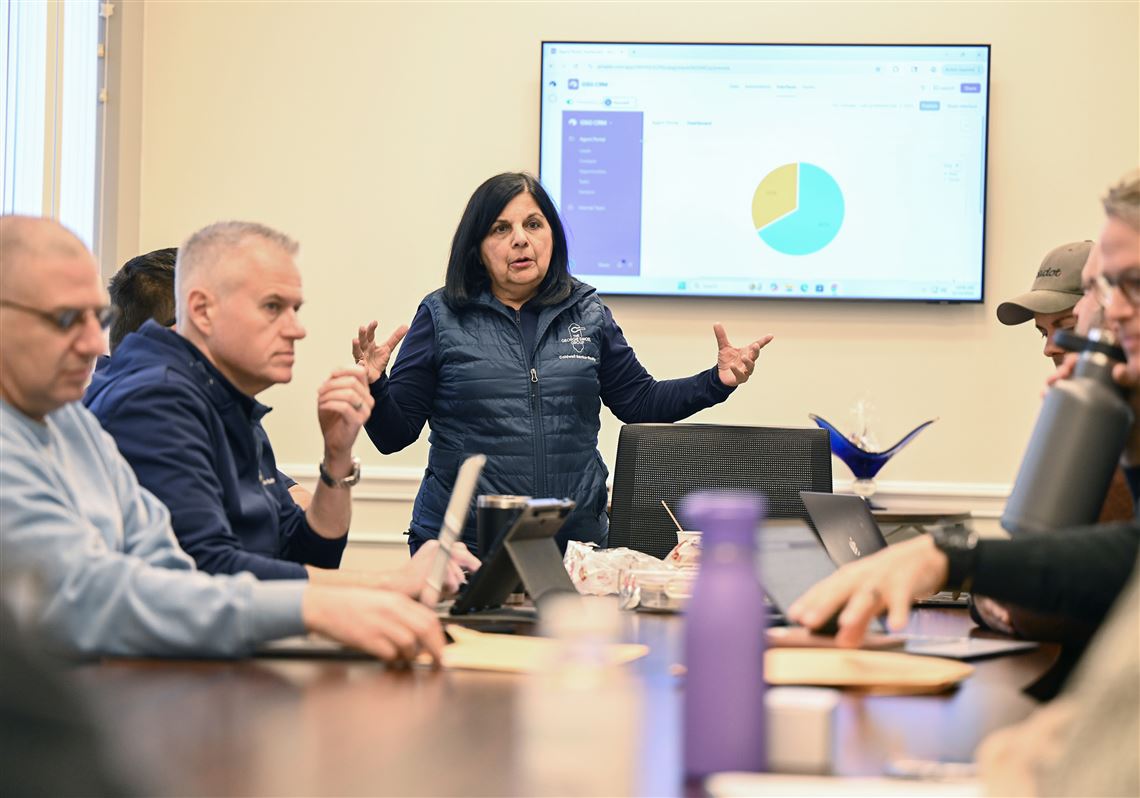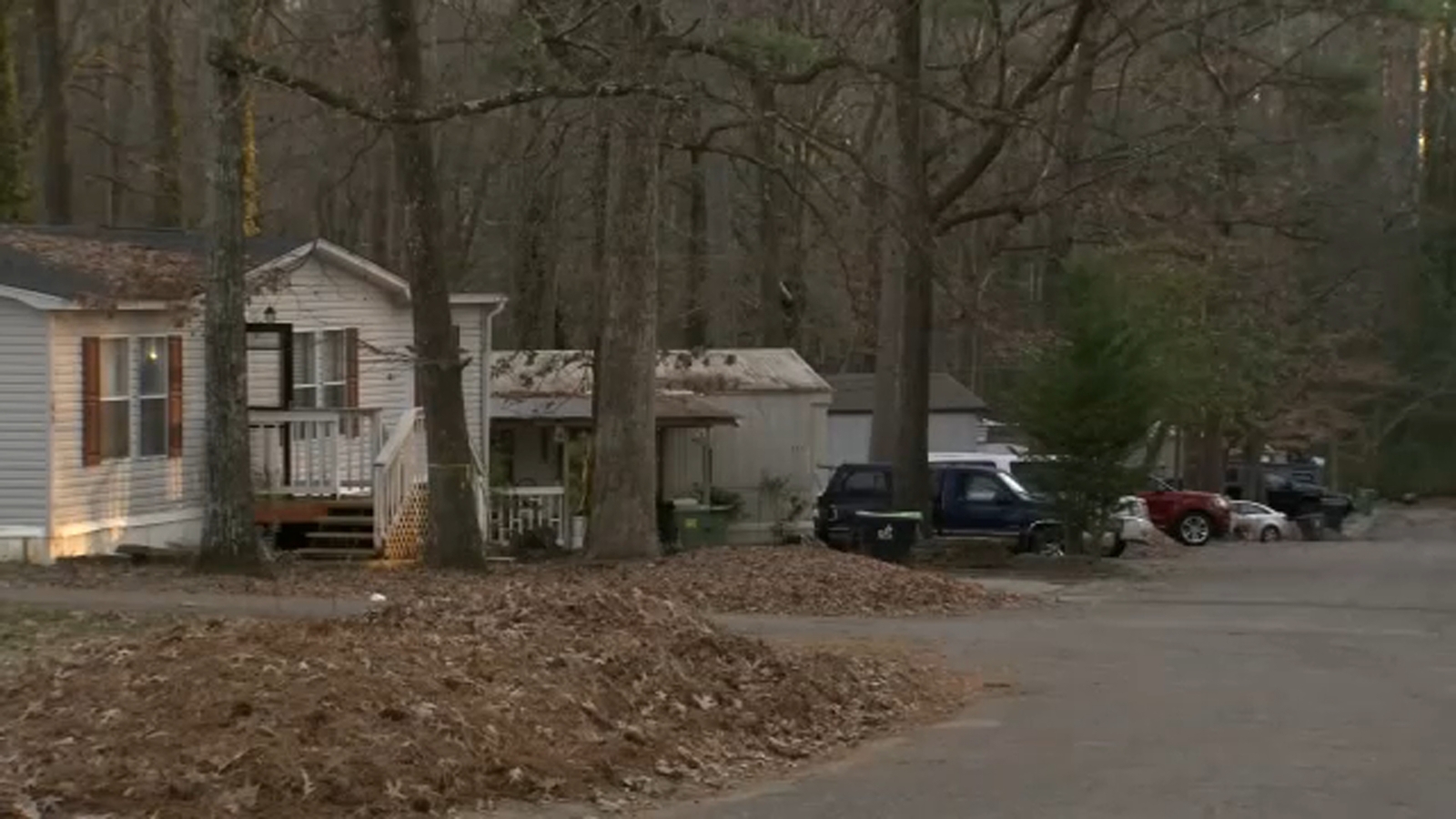I
nvesting in Real Estate Without Breaking the Bank
For those who dream of making money through real estate but don't want to be landlords or renovate fixer-uppers, there are alternative options available. Nonaccredited investors can explore real estate funds, crowdfunding websites, and partnerships with Twin Cities investment firms.
These alternatives offer a more hands-off approach, allowing individuals to invest in real estate without the risks associated with direct property ownership. "You don't have to go out on a limb and buy a small property or condo," said Bjorn Amundson, a financial planner at Quarry Hill Advisors. "With less risk and ease, you can invest slowly through these new sites or tried-and-true options."
Real estate has long been a reliable way to accumulate wealth, providing steady rental income and growth in property values. There are also tax benefits associated with investing in real estate.
Options for investors include:
* Publicly traded Real Estate Investment Trusts (REITs), which own and operate large properties
* Crowdfunding platforms like Fundrise and Groundfloor, accessible to nonaccredited investors
* Real estate funds, mutual funds that invest in a basket of publicly traded REITs, mortgages, and individual properties
While crowdfunding has grown in popularity, its potential remains somewhat unproven. However, it can be an interesting way for investors to explore the real estate market.
Local companies like Kaeding Development are offering new investment models for nonaccredited investors, allowing them to invest in tangible real estate projects with less work involved. For example, individuals can invest as little as $10,000 in a $33.5 million development project in Blaine, Minnesota.
When considering investments, it's essential to be prepared for different outcomes and not use rainy-day savings. Potential investors should participate in educational seminars and look for transparent education and mentors who co-invest with them.



